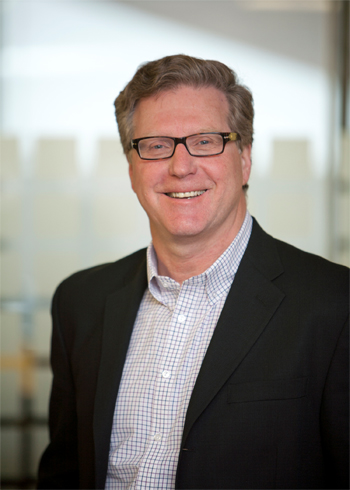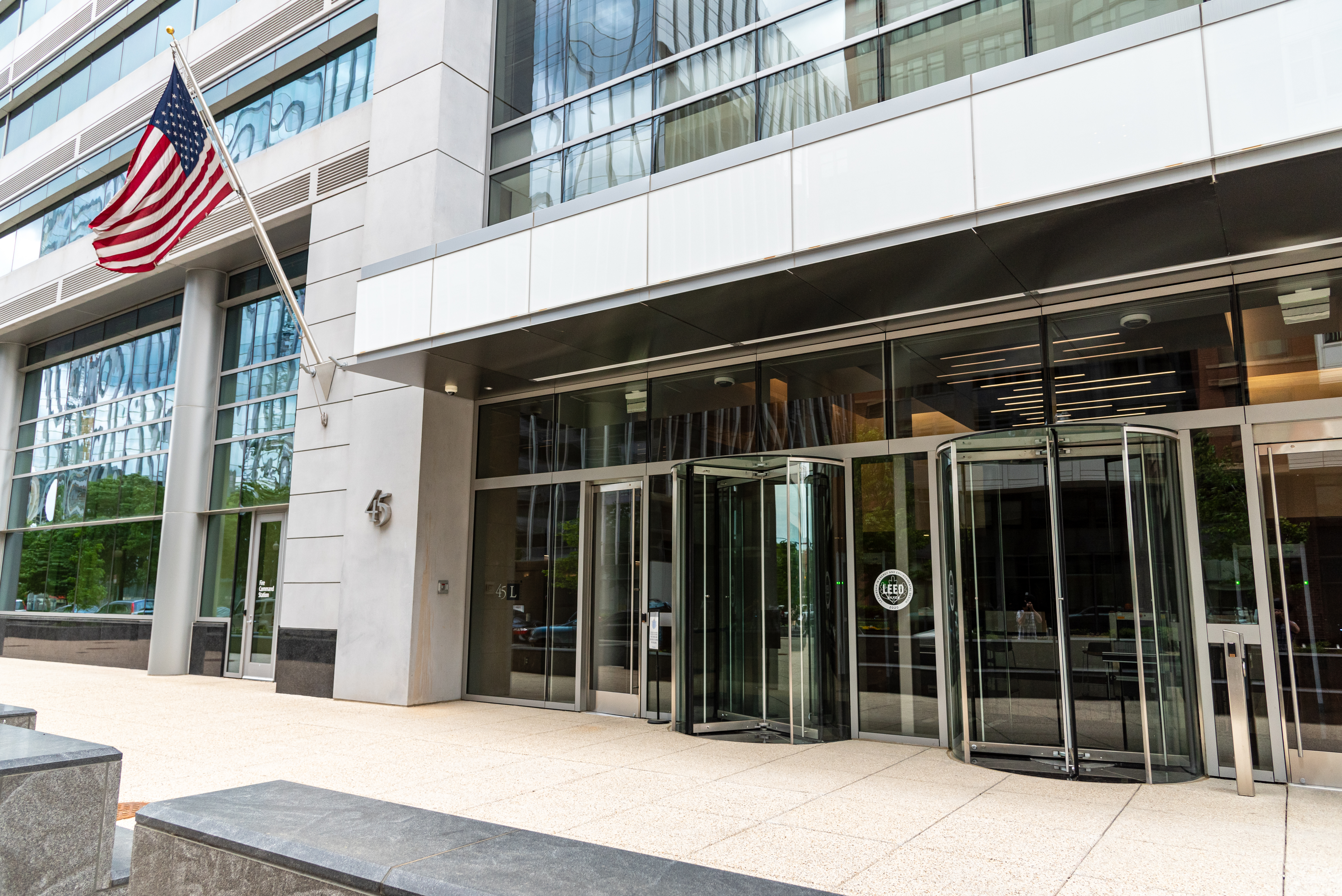There's Money for Software-Centric Media Investment

NEW YORK— The past 18 months or so has seen a flurry of company mergers and acquisitions (M&A) activity reflective of an industry in a state of flux, trying to stay one step ahead of customers' next migratory step. Many say the M&A activity is not over yet, as company that sell traditional hardware-based solutions are eager to move into software-defined products that are less expensive for customers and easier to bring to market for vendors.
"[Buying cycles] are cyclical and the cycles are driven by macro economic events and micro-economic effects," said Ethan Jacks, co-founder and managing partner of MediaBridge Capital Advisors, an investment banker firm based in Boston, Mass., that advises clients--usually the seller--on financial deals. "Macro involves the overall economy. The cost of capital is going down, so there's more money around for acquisitions than there was three years ago. General economic conditions are also strong, so we don't see the activity slowing down."
MediaBridge worked on two international acquisitions (that both closed on March 18, 2014), which included the $25 million sale of U.K.-based broadcast automation and channel-in-a-box software leader Pebble Beach Systems to Vislink plc, a U.K.-based wireless communications vendor, and the CA$21 million sale of Montreal-based visual communications software pioneer X2O Media to Barco N.V., a multinational manufacturer of visualization systems based in Belgium.
"One of the reasons that Pebble Beach wanted to sell was because the competition was changing and they needed to be part of that change," said John Bowen, another co-founder and managing partner at MediaBridge Capital Advisors. "They also wanted to become part of a larger organization that had worldwide presence. Conversely, Vislink was looking to expand its hardware business to include software. The two were a perfect match."
Another thing that was attractive for Vislink, Bowen said, was the executive team at Pebble Beach (led by Managing Director Peter Hajittofi, and Technical Director Ian Cockett), which was intimately familiar with running a software-based—automation and playout—business.

Ethan Jacks "It's interesting that soon after the [Pebble Beach-Vislink] deal was announced, the stock price went up 15 percent on the news and stayed there," Jacks said. "You can argue that in situations like this, the deal almost pays for itself in that the market value of the buyer [Vislink] goes up by an amount as much as, or greater than the price they paid. In this case, everyone involved though this was a good deal."
Of course, not every merger or acquisition works out as originally planned. While Bowen is a banker by training, Jacks created and ran the M&A department at Avid in the early 2000s, overseeing such deals as the acquisitions of Pinnacle Systems, Sundance and 10 other others during his time there. With hindsight we now know that some of those acquisitions panned out (Avid bought NXN Software, based in Munich, Germany, whose "Alien Brain" software became the core of what is now known as Avid's popular Interplay media asset management system), while other didn't.
(In the case of the NXN deal, Jacks said Avid wanted to establish the product in-house, but the estimated time and human resources necessary to bring it to fruition was going to be very high, so Avid bought NXN instead. It simply was deemed by management to be more cost-effective for Avid to buy the company than develop its own technology in house.)
"I would say only one was a bad deal, but I won't mention which one that was," Jacks says. "It looked great on paper, but only after the deal did we come to see the weakness in the acquired business. Wall Street didn't get it and we (Avid) paid a price for that, more than just the purchase price. Not every deal works out."
Sometimes companies don't want to sell their company, but instead need extra capital to grow the business and MediaBridge helps secure it for them. In 2013 the investment banker recently did a deal for a company in Cambridge Mass, called IZotope (founded by former MIT guys). IZotope makes audio plugins and wanted to raise new capital to move into cloud-based software solutions and specialty hardware. MediaBridge helped IZotope raise $12 million from a private equity firm. It also helped SohoNet, a company in London—which markets an international network to allow postproduction facilities to move files around securely—raise $8 million.

John Bowen Jacks said there are "significant shifts" taking place among customer installations, from hardware to software, that is causing this increased M&A activity. Broadcasters and other types of media distributors, he said, are faced with ever increasing video consumption that will only increase with time, so the media and entertainment industry is "a good bet" for venture capital and investment bankers looking for a big payday.
"The world is changing and media business have to change with it to get more in line with what consumers want to watch and when they want to watch it," said Bowen. "A healthy amount of venture capital is available to fund companies that are in the content creation business. Wall Street is beginning to understand that there are lots of new ways to create, edit, store and distribute video, and they are willing to take a chance."
Both Bowen and Jacks agree that there will be more M&A activity to come.
"There's definitely money to be spent," says Jacks. "The balance sheets of the big guys [Belden, Evertz, Ross Video, etc.) are strong, and private equity firms with billion of dollars to invest are eager to get into the media space. I see nothing but blue sky."
"We're seeing opportunities that range from traditional to new media," Bowen added. "We'll always have a preference for software-based companies because we see that as the future of the media industry."
A deal typically takes a year to go from initial negotiations to closing the deal, although sometimes it can happen in a few months; "it really depends on the motivation of the buyer and seller," he says.
Always on the lookout for more business, Jacks says they received some nice leads at NAB for new deals that they hope will close within the next six to 12 months.
"Consolidation [within the broadcast equipment sector] will continue, it has to in order to maintain a healthy business for the few left," he says. "We're very busy with special deals and turning away work we feel is not a good fit. Basically, traditional over-the-air broadcast is probably not in the greatest shape, while nontraditional MVPD businesses are in really good shape."
Get the TV Tech Newsletter
The professional video industry's #1 source for news, trends and product and tech information. Sign up below.
